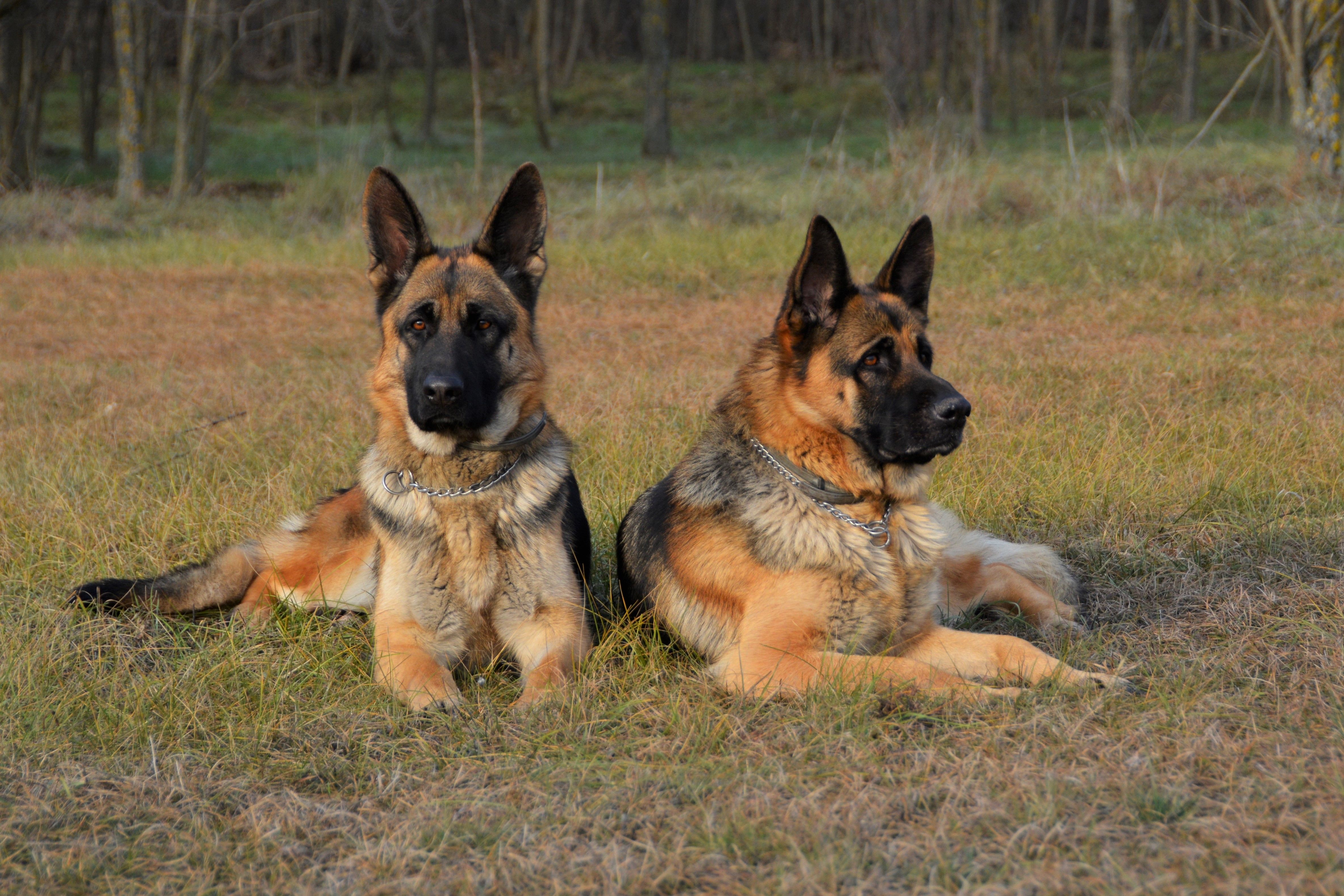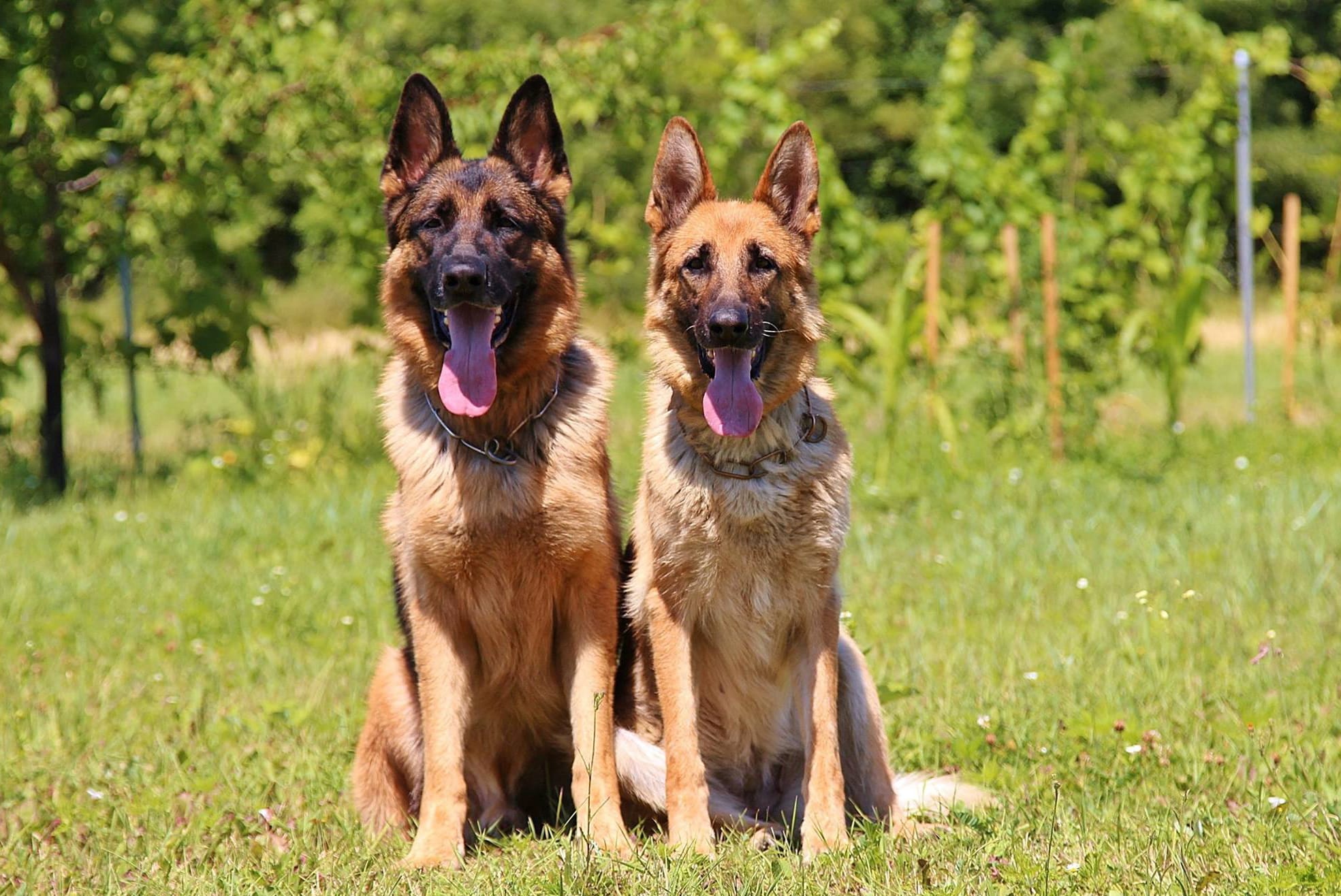Why German Shepherds Are Great For Protection And Guarding: A Critical Examination
Introduction
German Shepherds have a formidable reputation as steadfast protectors and astute guardians. Their unwavering loyalty, imposing presence, and natural protective instincts make them highly sought-after breeds for security purposes. However, it is crucial to approach the topic of German Shepherds for protection and guarding with a balanced and critical perspective, acknowledging both their remarkable qualities and potential complexities. This essay will delve into the strengths and limitations of German Shepherds as protectors and guardians, examining their distinctive characteristics, training requirements, legal considerations, and ethical implications.
Distinctive Characteristics and Natural Abilities
German Shepherds possess a unique combination of physical and behavioral attributes that contribute to their effectiveness as protectors and guardians. Their muscular build, agile movements, and powerful jaws provide a formidable deterrent to potential threats. Their keen senses, particularly their exceptional hearing and sight, enable them to detect subtle changes in their surroundings and alert their handlers accordingly.
Moreover, German Shepherds are renowned for their unwavering loyalty and protective instincts. They form strong bonds with their families and are fiercely defensive of those under their care. This innate protectiveness, coupled with their intelligence and trainability, makes them highly responsive to commands and capable of distinguishing between genuine threats and non-threatening situations.
Training Requirements and Professional Guidance
While German Shepherds can naturally exhibit protective behaviors, it is essential to emphasize the importance of proper training to harness their potential and ensure their safety and the safety of those around them. Professional training by experienced dog handlers is crucial to develop the dog's obedience, bite inhibition, and controlled aggression.
Training should focus on establishing a clear hierarchy with the dog understanding its role and limitations. It should also involve socialization and exposure to various environments and situations to prevent reactivity and ensure the dog remains balanced and well-adjusted. It is imperative that training methods prioritize positive reinforcement and avoid harsh or aversive techniques that could compromise the dog's temperament or lead to aggression.
Legal Considerations and Responsible Ownership
In many jurisdictions, there are specific legal requirements and regulations surrounding the use of dogs for protection and guarding purposes. These regulations may vary depending on the breed, training, and intended use of the dog. It is the responsibility of dog owners to be aware of and comply with all applicable laws and regulations.
Responsible ownership extends beyond legal compliance. It involves a commitment to providing the dog with appropriate care, including adequate exercise, training, and veterinary attention. Owners should also ensure their dogs are properly secured when not actively performing their protective duties to prevent accidental injuries or confrontations.
Balancing Protection with Temperament
While German Shepherds are generally known for their stable and loving temperament, it is not uncommon for them to exhibit territorial and protective behaviors. It is crucial to strike a balance between encouraging these instincts for protective purposes while ensuring the dog remains friendly and non-aggressive towards non-threatening individuals.
Proper training and socialization play a vital role in achieving this balance. Dogs should be taught to differentiate between genuine threats and harmless situations, and to respond appropriately with a measured and controlled level of aggression. It is also important for owners to be mindful of the dog's body language and behavior to identify and address any signs of excessive reactivity or fearfulness.
Ethical Implications and the Role of the Breeder
The use of German Shepherds for protection and guarding raises ethical considerations, particularly concerning the potential for misuse or abuse of these dogs. It is the responsibility of breeders to ensure that German Shepherds are placed in homes where they will receive appropriate training, socialization, and responsible ownership.
Breeders should carefully screen potential owners and provide guidance on the ethical use and training of their dogs. They should prioritize the health and well-being of the animals and avoid breeding dogs with excessively aggressive or unstable temperaments.
Conclusion
German Shepherds are capable and devoted protectors, offering a unique blend of physical and behavioral attributes that make them highly effective guardians. However, it is essential to approach their use for protection and guarding with a critical and responsible perspective. Proper training, legal considerations, balanced temperament, ethical implications, and responsible ownership are all crucial factors that must be carefully considered to ensure the safety and well-being of both the dogs and the communities they serve.
The role of the breeder is paramount in ensuring that German Shepherds are placed in homes where they will receive the appropriate care, training, and responsible ownership. By prioritizing the health, temperament, and ethical use of these dogs, we can harness their protective instincts while fostering harmonious and responsible dog ownership.
Why German Shorthaired Pointers Are Great For First-Time Dog Owners
Beagles And Their Love For Exploring Outdoors
The Unique Coat Of Labrador Retrievers: Fun Facts



